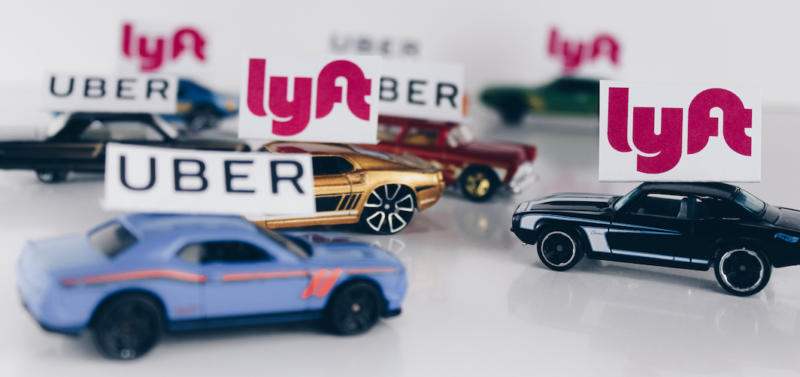Uber drivers are earning less than half of what they made five years ago, while other sectors are doubling their earnings, according to a recent report from Recode.
A study by JPMorgan Chase Institute showed that there was a 53 percent decline in earnings for transportation workers — which include ride-sharing drivers and delivery drivers for other gig economy jobs — between 2013 and 2017. The study distinguished gig economy jobs by transportation, non-transport work, and selling and leasing.
JPMorgan Chase Institute looked at more than 39 million Chase checking accounts and tracked payments through 128 online platforms.
The leasing sector, which includes Airbnb, saw the largest increase in earnings over the three-year span with 69 percent growth. The non-transport work and selling sectors experienced 1.9 and 9.4 percent increases, respectively.

The average earnings for transportation workers dropped from $1,469 to $783. Leasing sector workers saw their average earnings climb to $1,736.
JPMorgan Chase Institute says that Uber and Lyft drivers could be seeing drops in their earnings because more people have become drivers, while customer demand for drivers has not increased. They also note that rides are cheaper than they were five years ago and that drivers are working fewer hours.
Gig economy workers are using online platform jobs to supplement their income — these jobs create 20 percent of workers’ monthly incomes.

